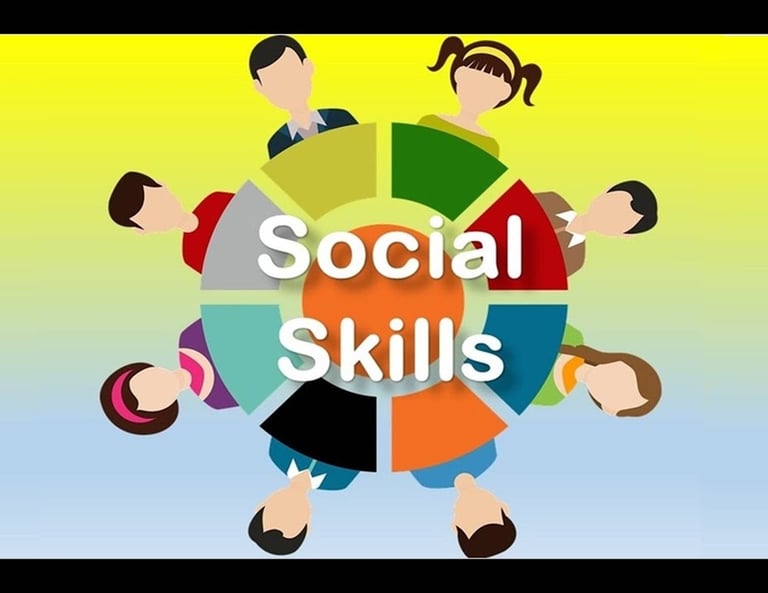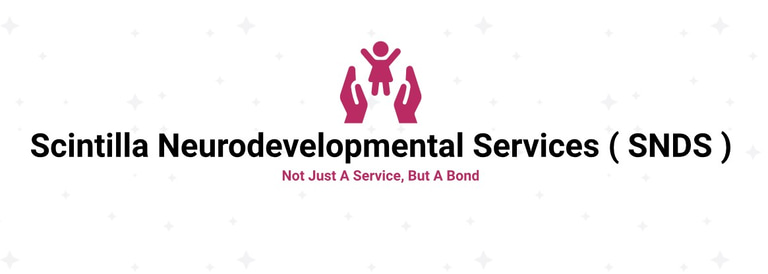Our Services
ABA Services offer a wide range of assessments and treatments for individuals with diverse needs. Our team of experienced professionals utilizes evidence-based techniques to create personalized programs that address specific areas of concern. Through comprehensive assessments, goal focussed assessments we are able to identify the strengths and weaknesses of each individual, allowing us to develop effective treatment plans tailored to their unique needs. Our treatments focus on improving communication skills, social interactions, and behavioral challenges at home, daycare centers, and school communities. We utilize a variety of strategies such as positive reinforcement, visual supports, and skill-building exercises to help individuals reach their full potential. Our goal is to provide the highest quality services that promote independence and enhance overall well-being. With ABA Services, individuals can access the support they need to thrive and lead fulfilling lives.
ABA and IBI Therapy- SNDS provides ABA/IBI services at home, daycare, schools and virtually for children with autism, ADHD, Global developmental delay, down syndrome, and learning disabilities.
Behavior Consultation - SNDS provides brief behavior consultations to caregivers and families to address the needs of the child. It is a 6-week consecutive consultation where evidence-based strategies and resources would be provided to manage challenging behaviors.






School Readiness - SNDS provides support to families to prepare their children to enter school with school readiness skills where they will be able to follow various instructions and showcase independence in self-help skills, communicate their needs and wants, and many more.
Early Start Denver Model (ESDM)- SNDS through ESDM provides an evidence-based Naturalistic Developmental Behavioural Intervention embedded in play and daily routines, specifically designed for young children with autism from age 18 months to 4 years old. It deals with nine domains that are critical to early learning and development, including receptive and expressive communication, imitation, social skills, play skills, gross and fine motor skills, cognitive skills, and independence across the play, grooming, dressing, eating, chores, and hygiene.
Parent Training- SNDS provides parent training to assist parents, and caregivers to deal with tantrums, non-compliance, hitting, and other challenging behaviors. Parents are also trained to adapt to the generalization of the intervention plan to practice the skills developed in different settings and social contexts.






Social Skills Care Cycle-The social skills care cycle is a comprehensive program designed to enhance and develop individuals' abilities to effectively interact and communicate with others. It is a systematic approach that focuses on various facets of social skills, including verbal and non-verbal communication, active listening, empathy, and assertiveness. The program also places emphasis on self-awareness and self-reflection, allowing individuals to identify their strengths and areas for improvement. By actively engaging in the social skills care cycle, individuals can cultivate positive relationships, foster teamwork, and enhance their overall social interactions.
Toilet Training Program
Toilet training is an important milestone in a child's development. It is a program designed to teach children how to use the toilet independently. The program typically involves a step-by-step approach, starting with introducing the concept of using the toilet and familiarizing the child with the bathroom environment. This is followed by encouraging the child to sit on the toilet at regular intervals, and gradually increasing the duration of each sitting. Positive reinforcement, such as rewards or praise, is often used to motivate the child and reinforce their successful toilet use. As the child becomes more comfortable and confident, they are taught how to pull down their pants, use toilet paper, and wash their hands properly. Consistency, patience, and understanding are key factors in the success of a toilet training program.
Self Care Programs
Self-care programs are a vital aspect of maintaining one's overall well-being. These programs focus on providing individuals with the necessary tools and resources to take care of their physical, mental, and emotional health. Through various activities such as mindfulness exercises, yoga classes, and relaxation techniques, individuals can learn how to prioritize their self-care needs. Additionally, self-care programs often emphasize the importance of setting boundaries, practicing stress management techniques, and engaging in activities that bring joy and fulfillment. By participating in these programs, individuals can foster a greater sense of self-awareness and develop healthy habits that promote a balanced and fulfilling lifestyle. Overall, self-care programs play a crucial role in helping individuals prioritize their well-being and cultivate a positive relationship with themselves.


